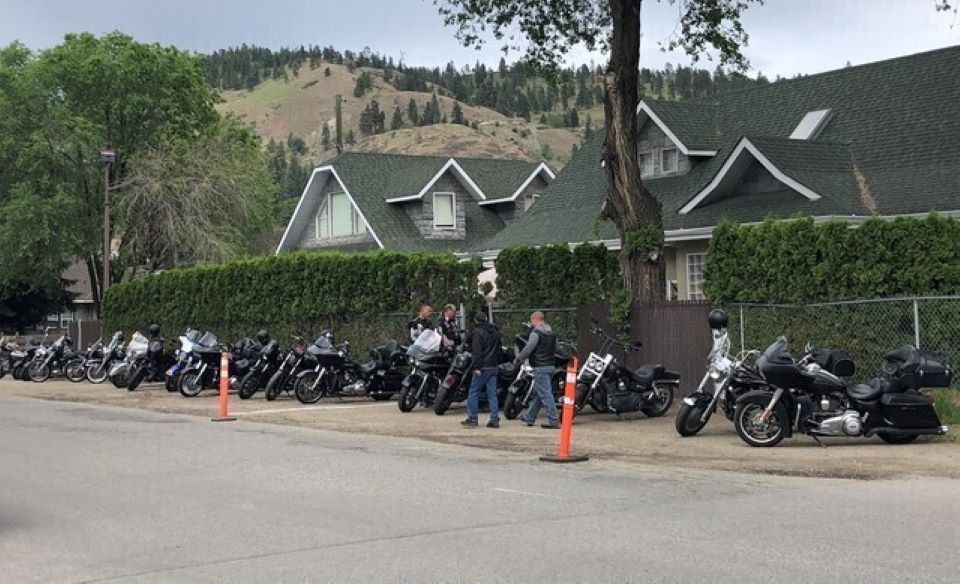The B.C. government has successfully seized three Hells Angels' clubhouses, including the one in Kelowna.
More than two and a half years after Justice Barry Davies ruled against B.C.'s Director of Civil Forfeiture in the case – a culmination of nearly 13 years of proceedings – B.C.'s Court of Appeal has overturned the previous ruling and found in favour of the B.C. Civil Forfeiture Office.
The three clubhouses which will now be seized by the province are located on Ellis Street in Kelowna's North End, along with properties in Nanaimo and East Vancouver. The proceedings began back in 2007, two years after the Civil Forfeiture Act became law in B.C., with the province seeking to seize the Nanaimo property. In August 2012, police raided the club's Kelowna clubhouse, and the province began forfeiture proceedings against it and the Hells Angels' East Vancouver clubhouse several months later.
The clubhouses have continued to be used by the Hells Angels, although the assets have been frozen since 2016.
In a lengthy ruling made Wednesday, following a four-day appeals hearing last June, Justices Mary Newbury, Christopher Grauer and Leonard Marchand ruled Justice Davies erred in a number of ways in his June 2020 ruling.
“Some of the judge’s many evidentiary rulings and factual findings are tainted by one or more of (1) the application of an elevated standard of proof; (2) errors in the process of drawing inferences; (3) the refusal to admit certain findings of fact from previous criminal proceedings; and (4) the refusal to admit certain out of court statements for non hearsay purposes,” the three-member appeals panel said.
“The Court also committed palpable and overriding errors of fact in declining to draw inferences clearly supported by the record.”
The province had argued the three Hells Angels clubhouses would be used in the future to engage in unlawful activity, but Justice Davies ruled this so-called “future-use prong” of B.C.'s Civil Forfeiture Act was unconstitutional, as it was outside the province's jurisdiction.
The Court of Appeals ruled against Justice Davies, finding he had an “overly restrictive interpretation” of the Act.
“Considering the definition as a whole, and bearing in mind the objects of the Act and how best to attain those objects, the Legislature intended the phrase to include property that, on the evidence, is likely to be used in a way that enhances or facilitates the ability to engage in unlawful activity,” the three-member appeals panel said.
In their ruling, the appeals judges relied on a number of pieces of evidence to find the clubhouses fell within the "future-use" definition of the Act, including:
- Hells Angels outfitted the clubhouses to prevent police from surreptitiously monitoring its activities
- Hells Angels’ “penchant for secrecy” and “preoccupation with rats and snitches” arose out of a wish to prevent the detection of crime
- the clubhouses provided a safe space for members to commit or conspire to commit crime
- many members and associates of the relevant chapters of the Hells Angels had in the past committed serious crimes
- two members of one chapter had attempted to recruit a person willing to engage in crime and violence
- on two occasions, members of one chapter responded with directions to do violence to individuals who acted against the Hells Angels
The decision will likely be further appealed to the Supreme Court of Canada.




